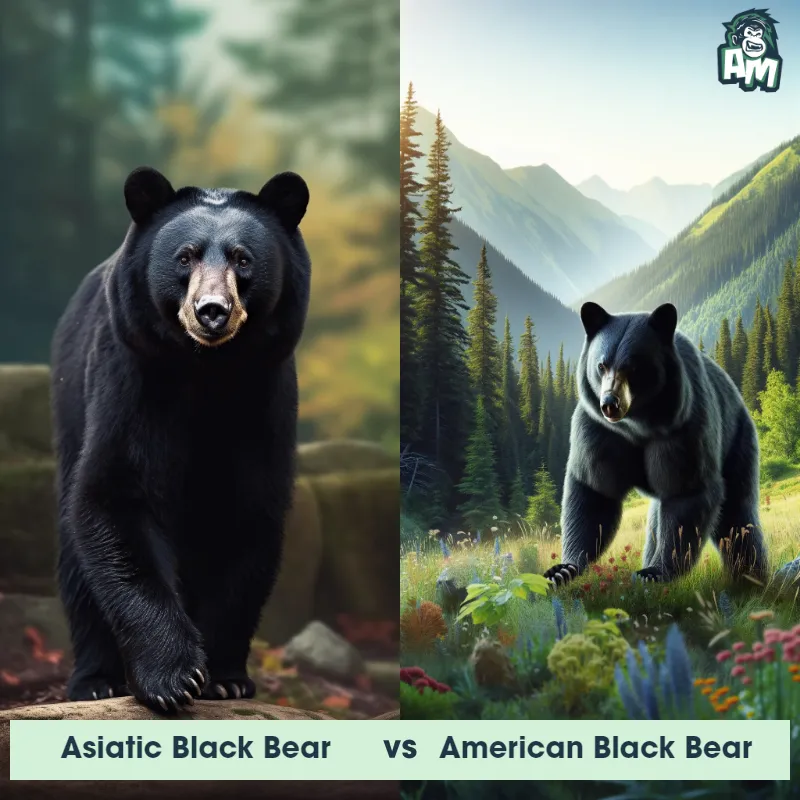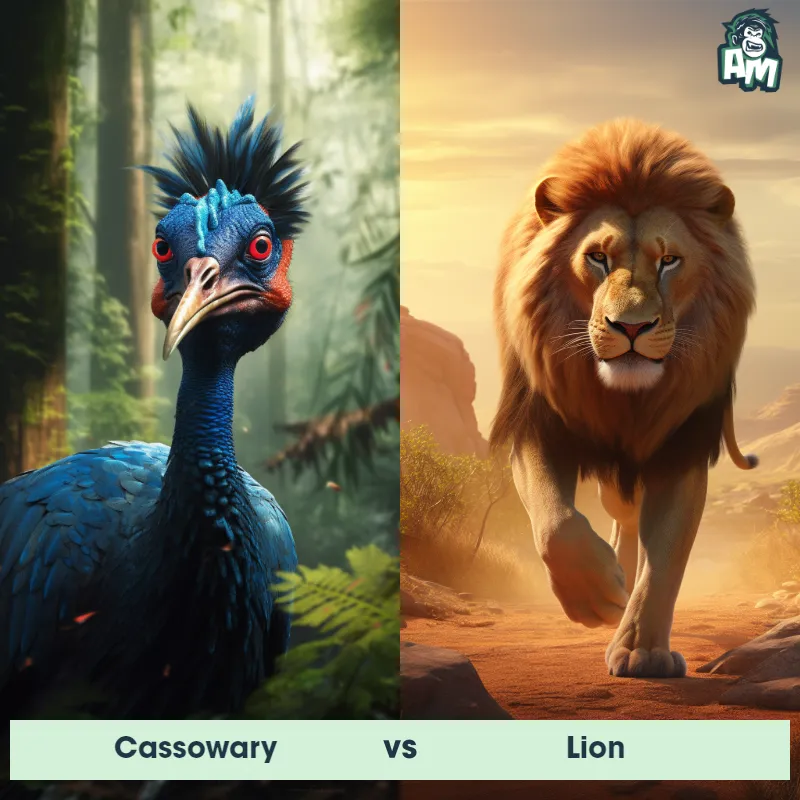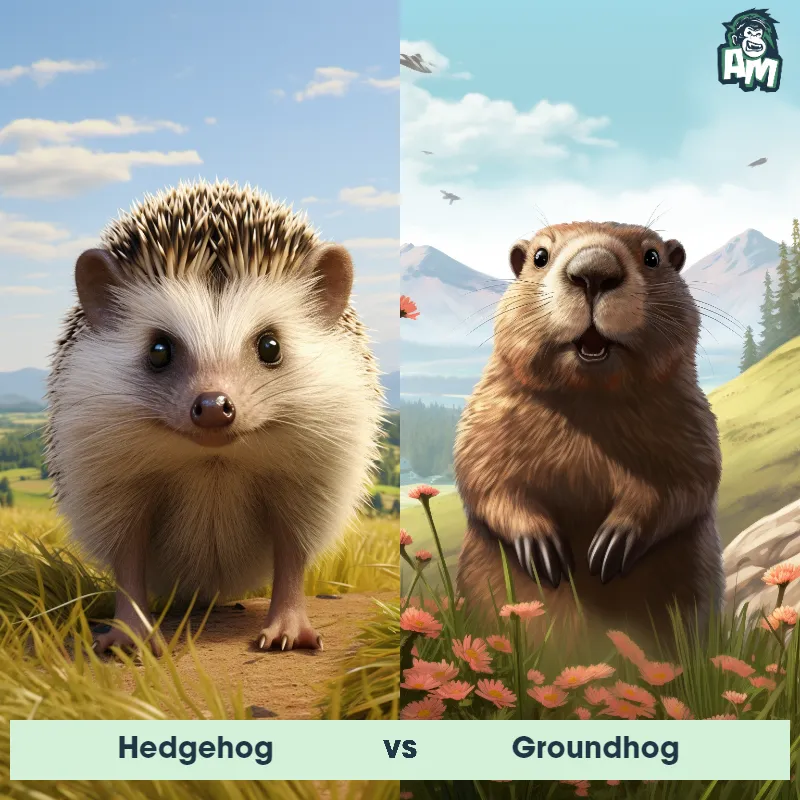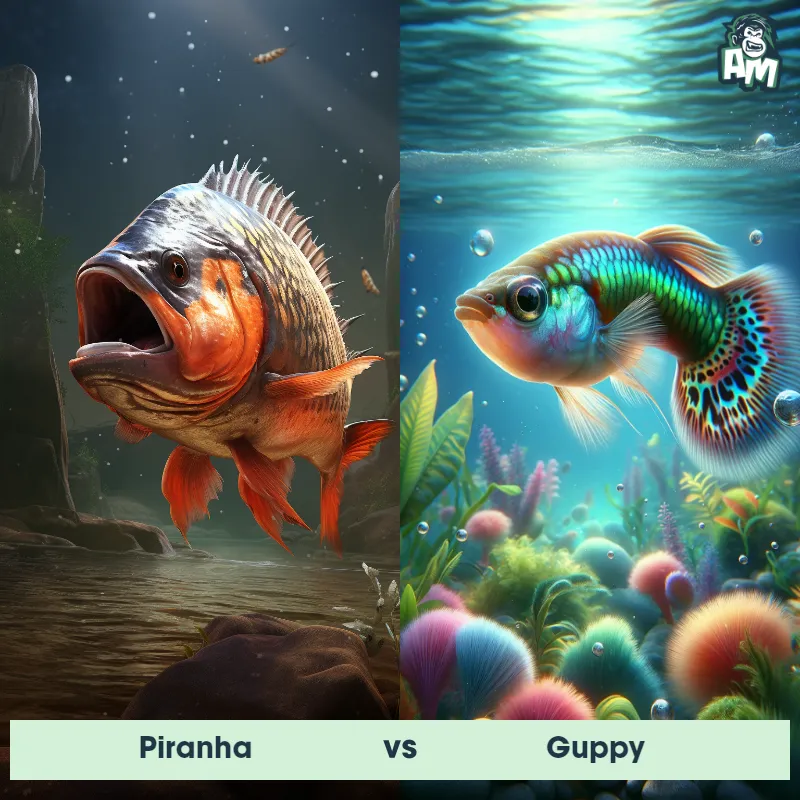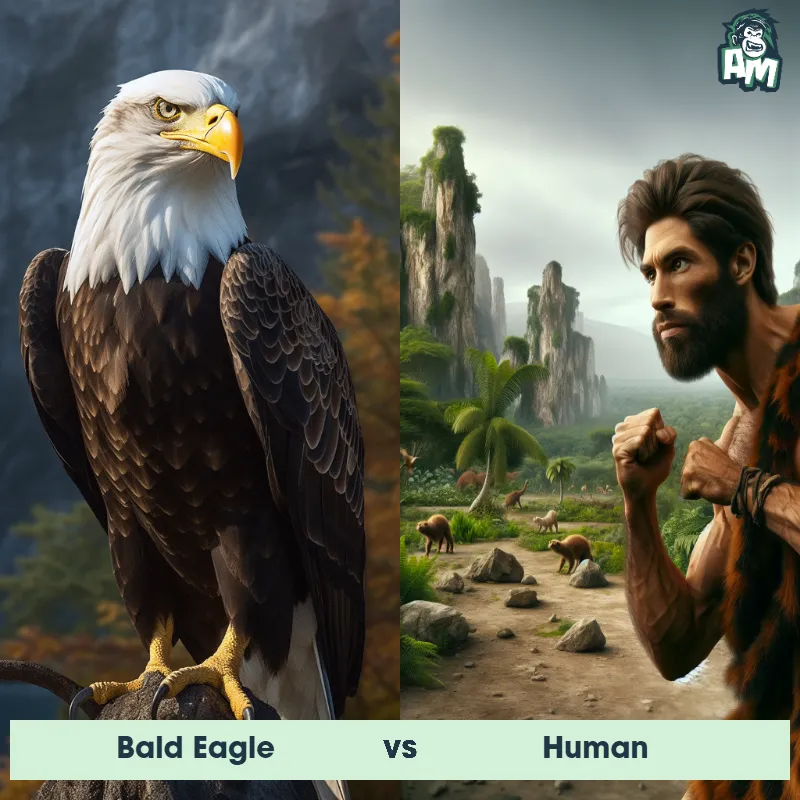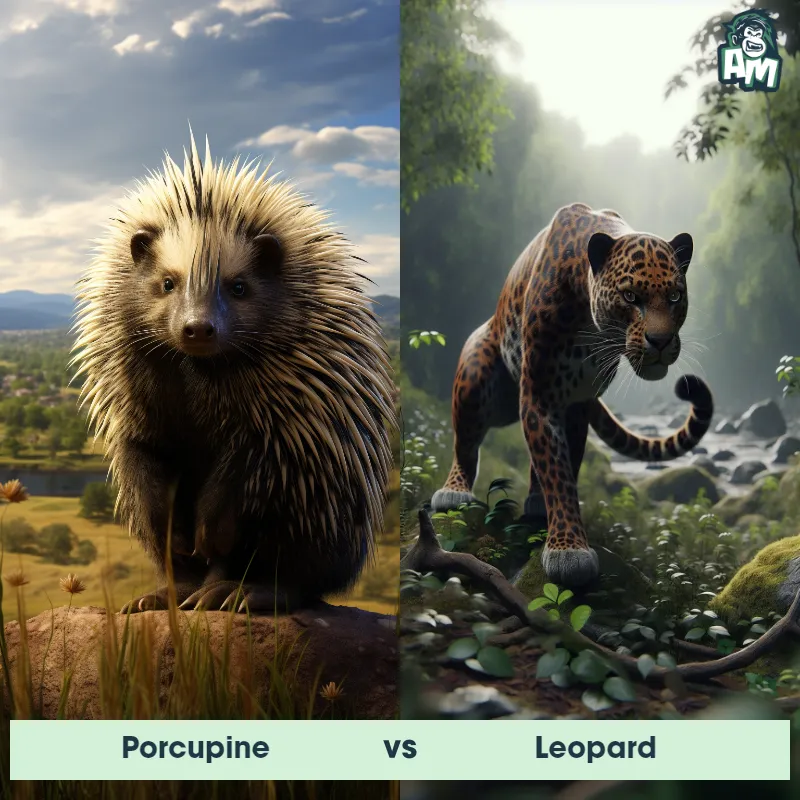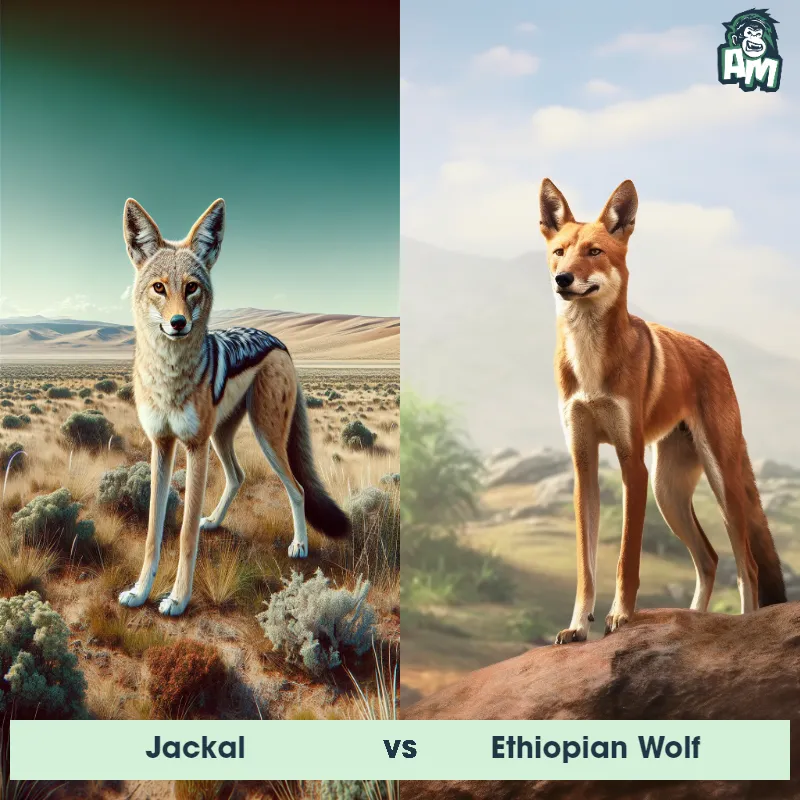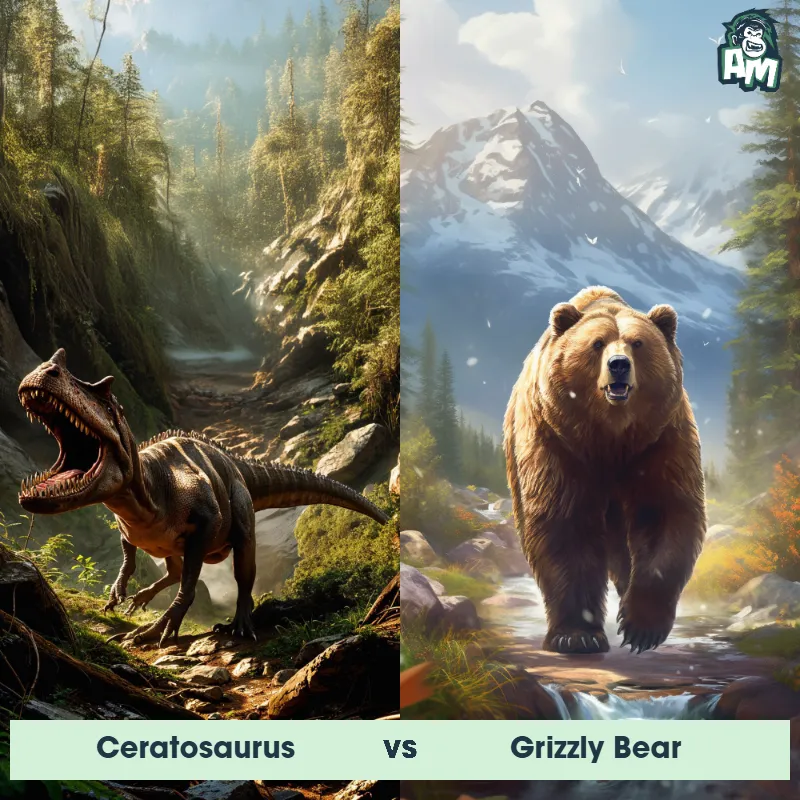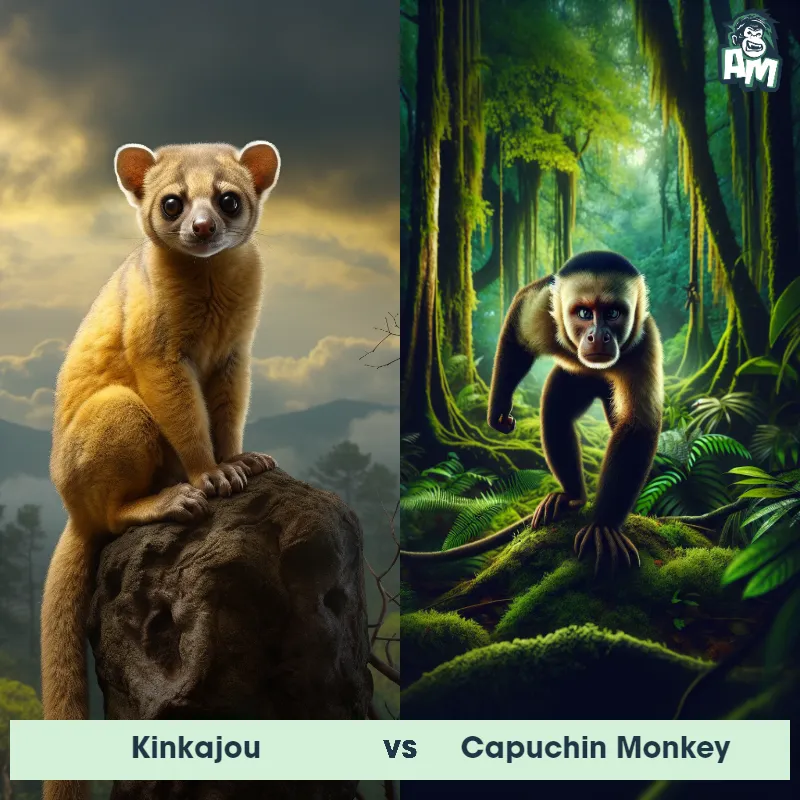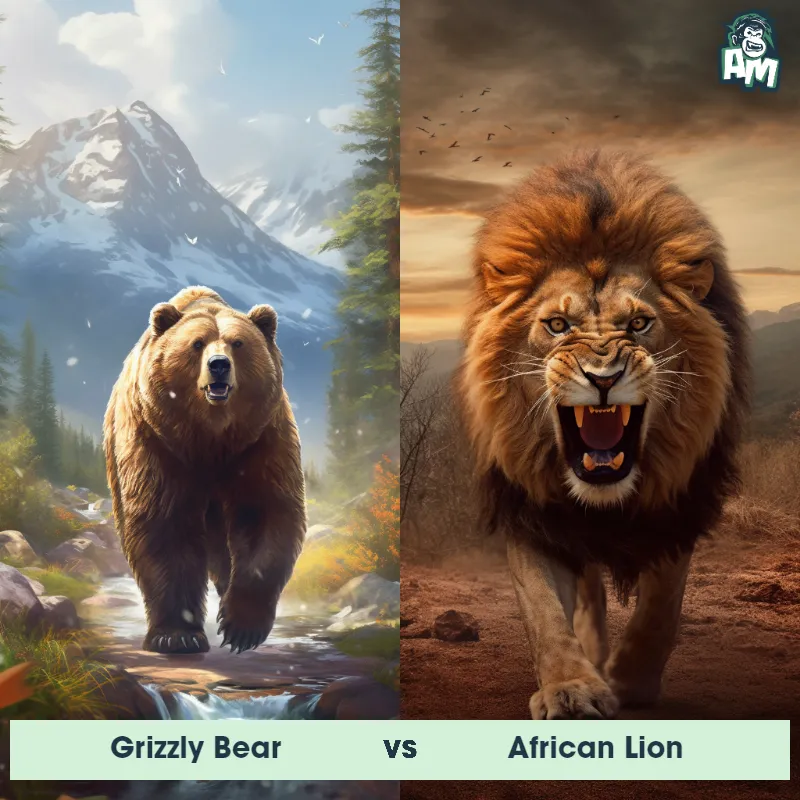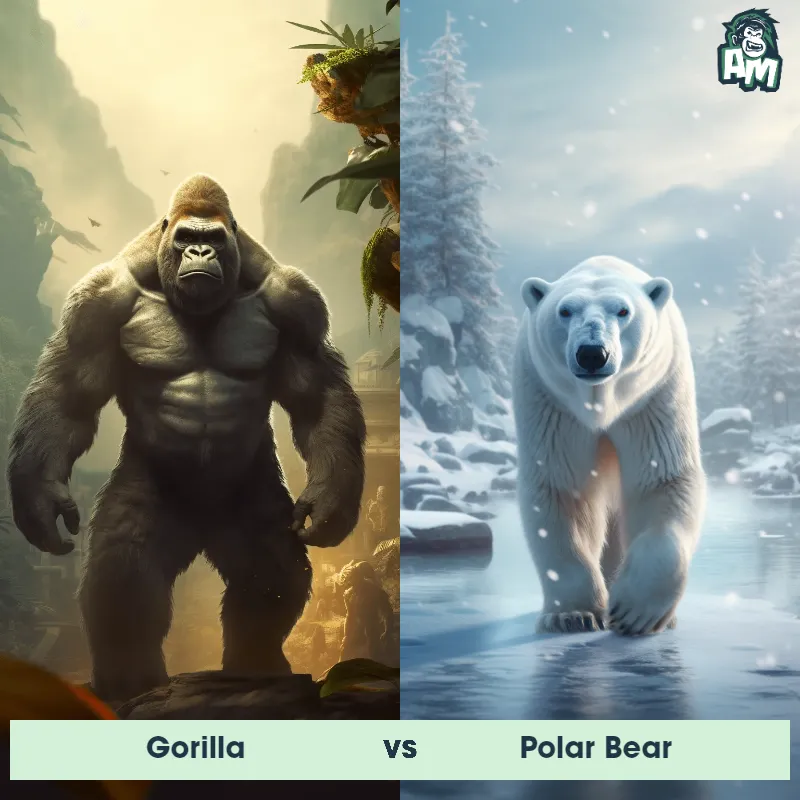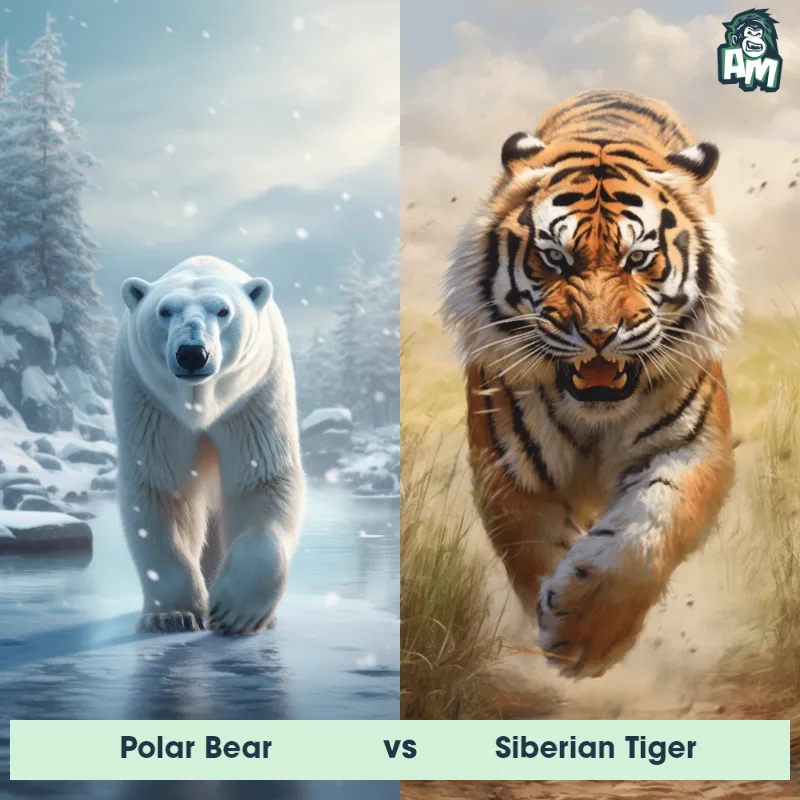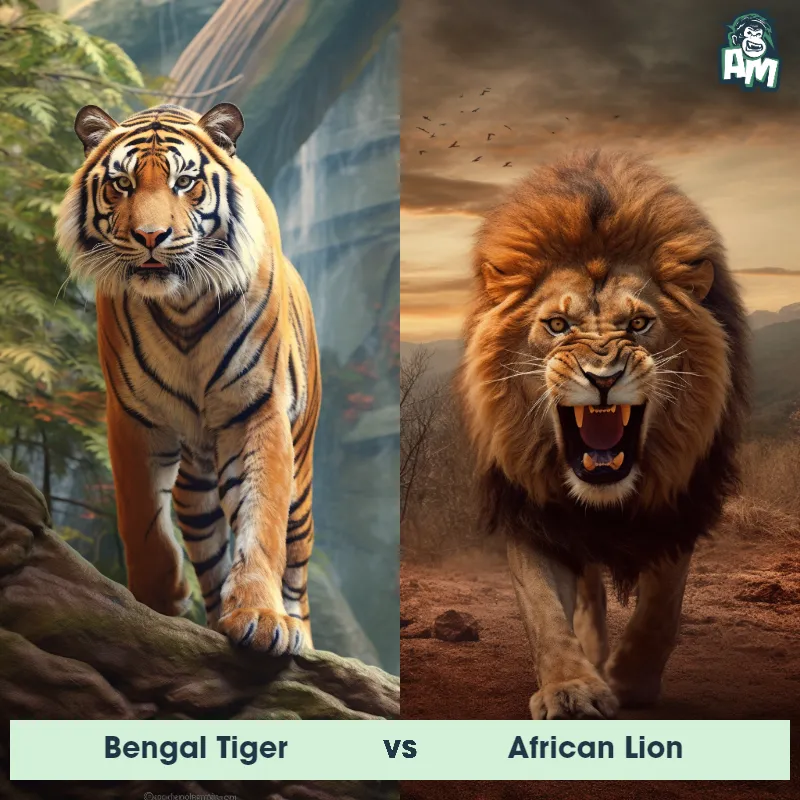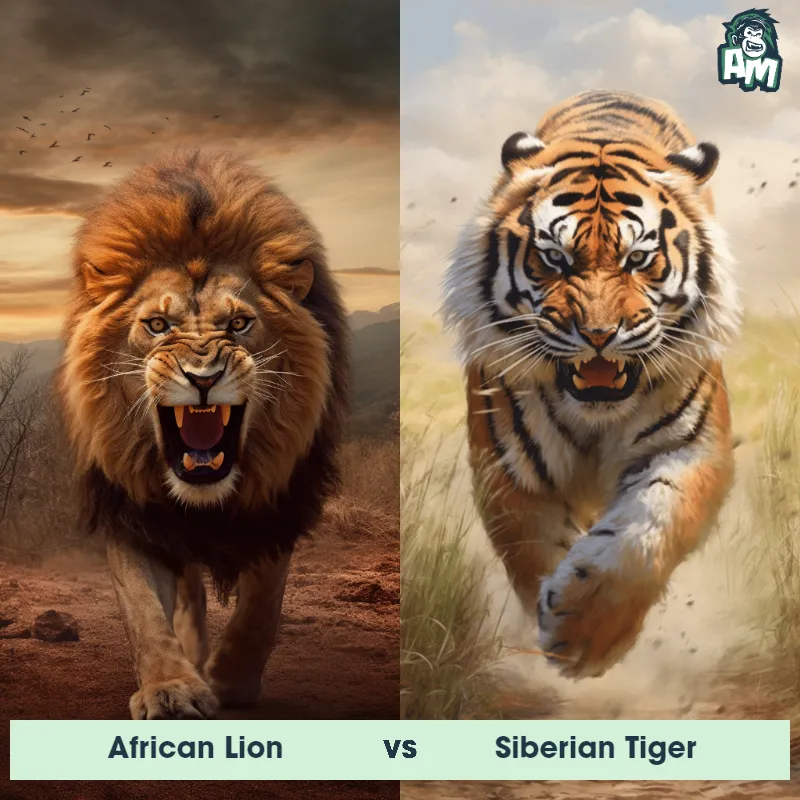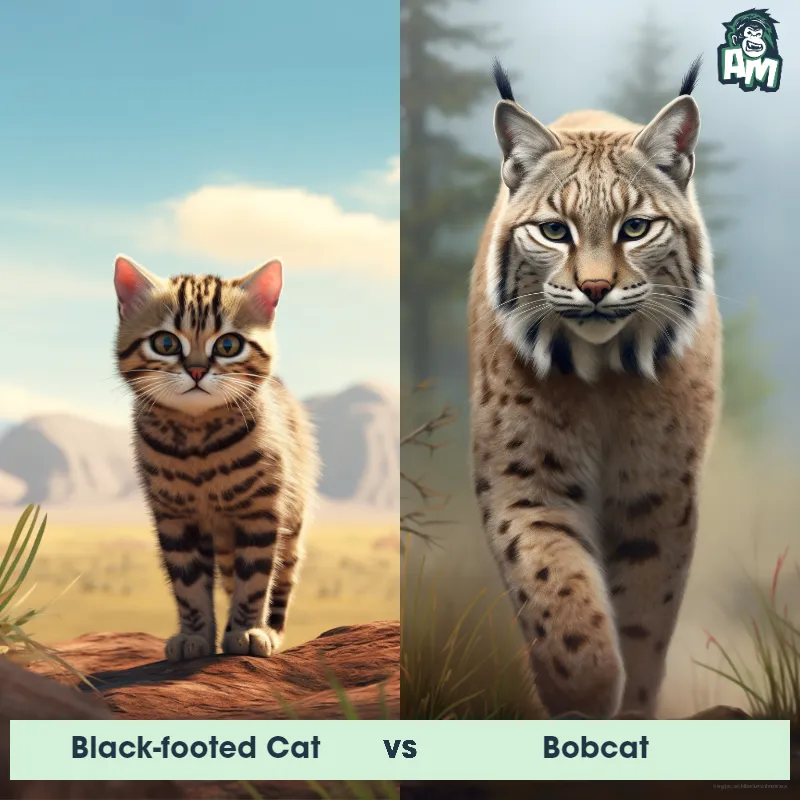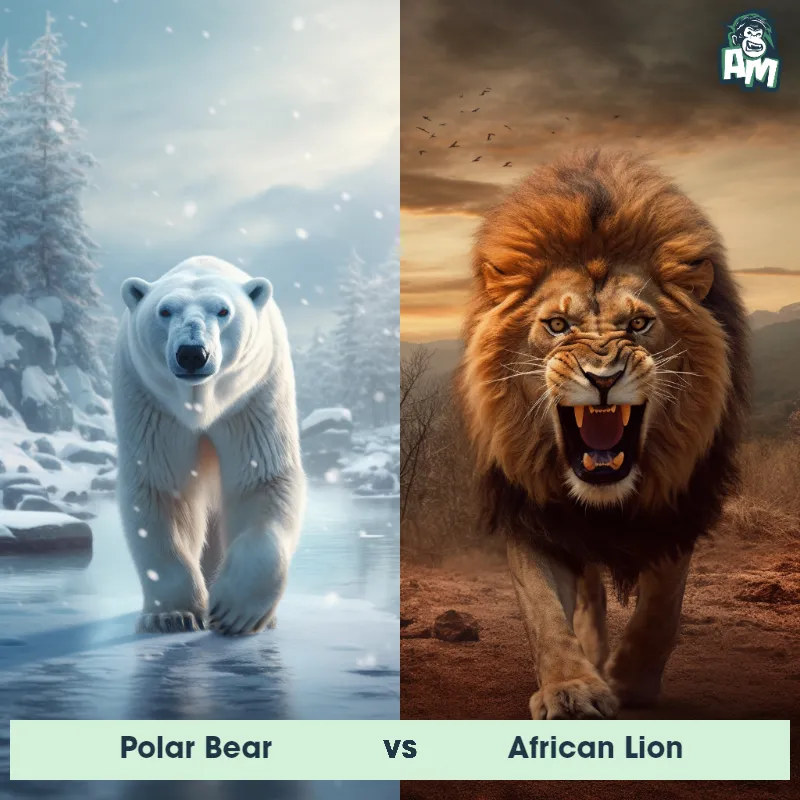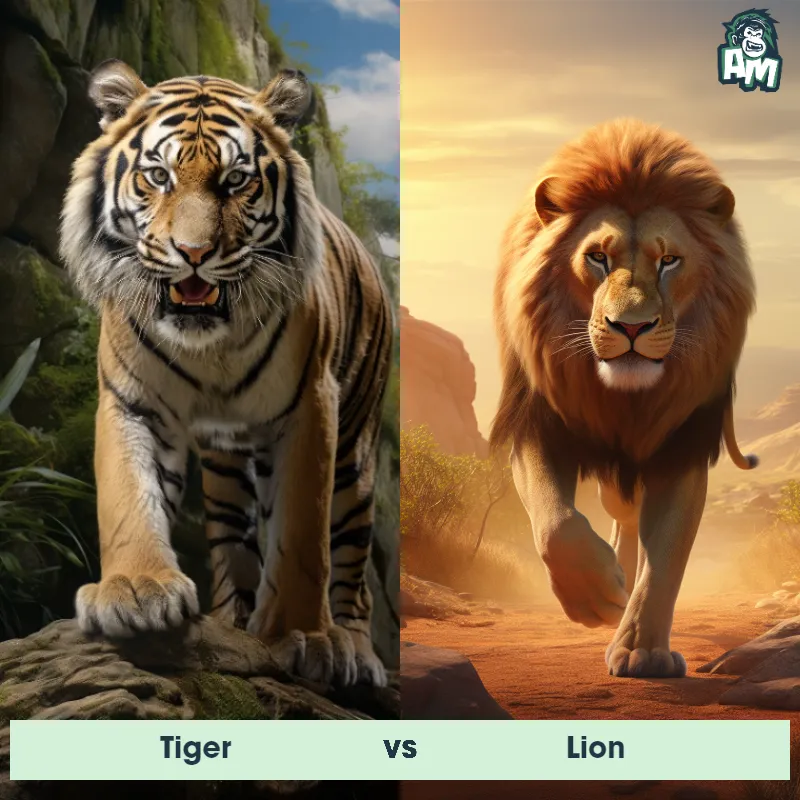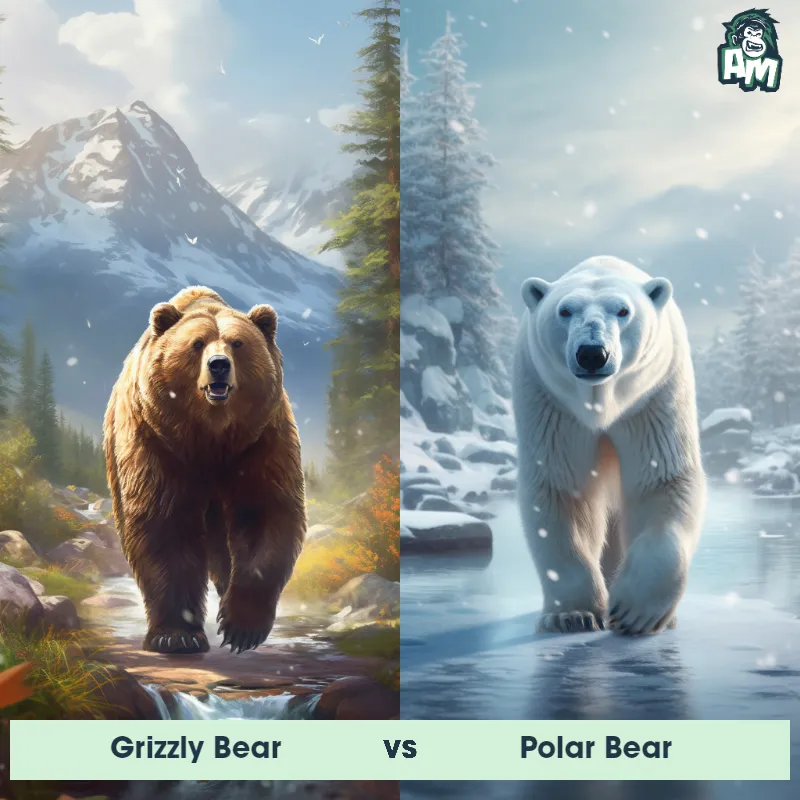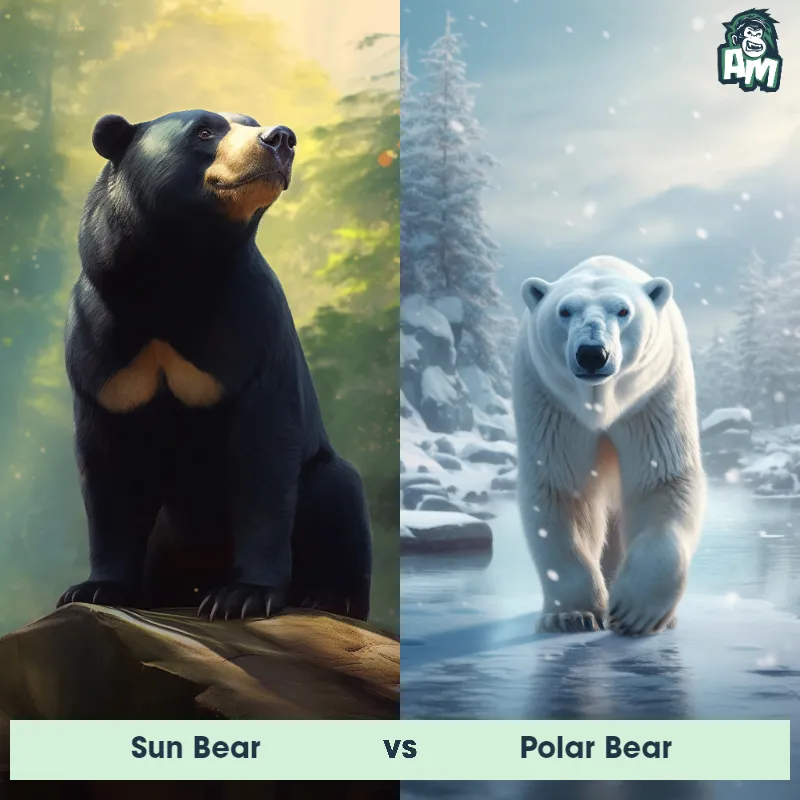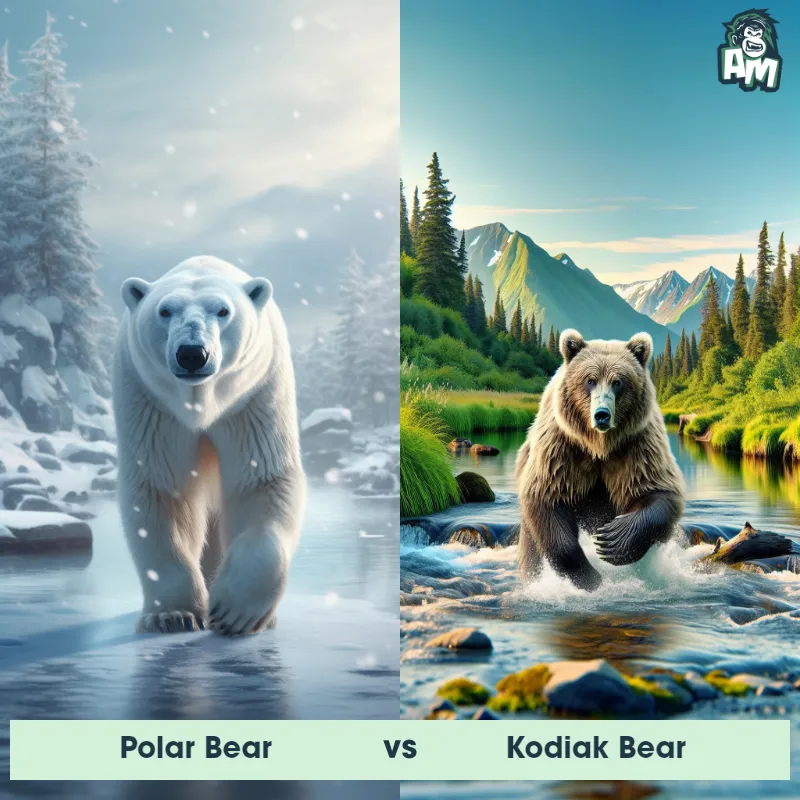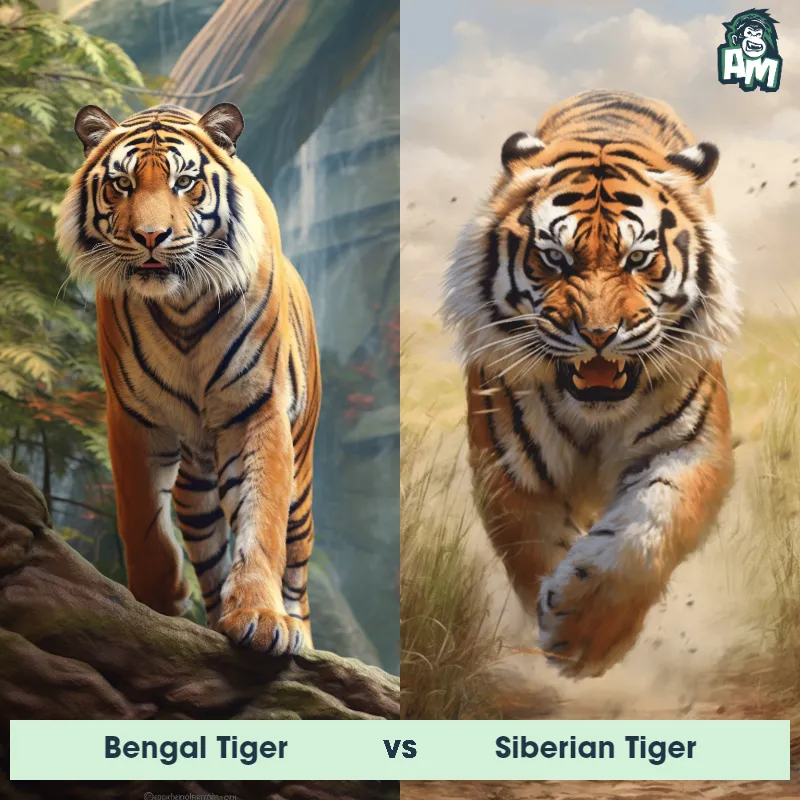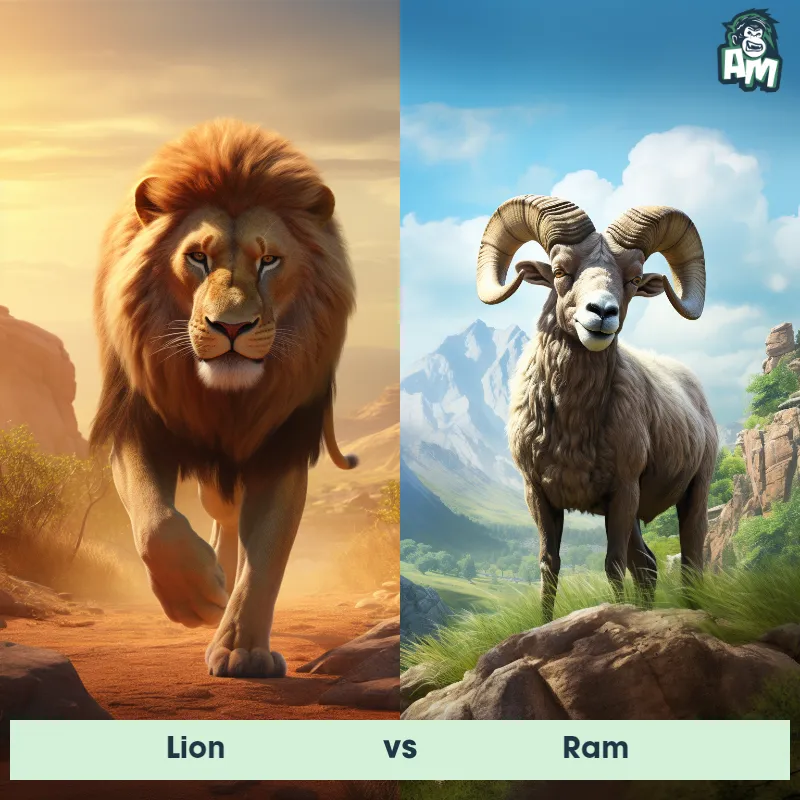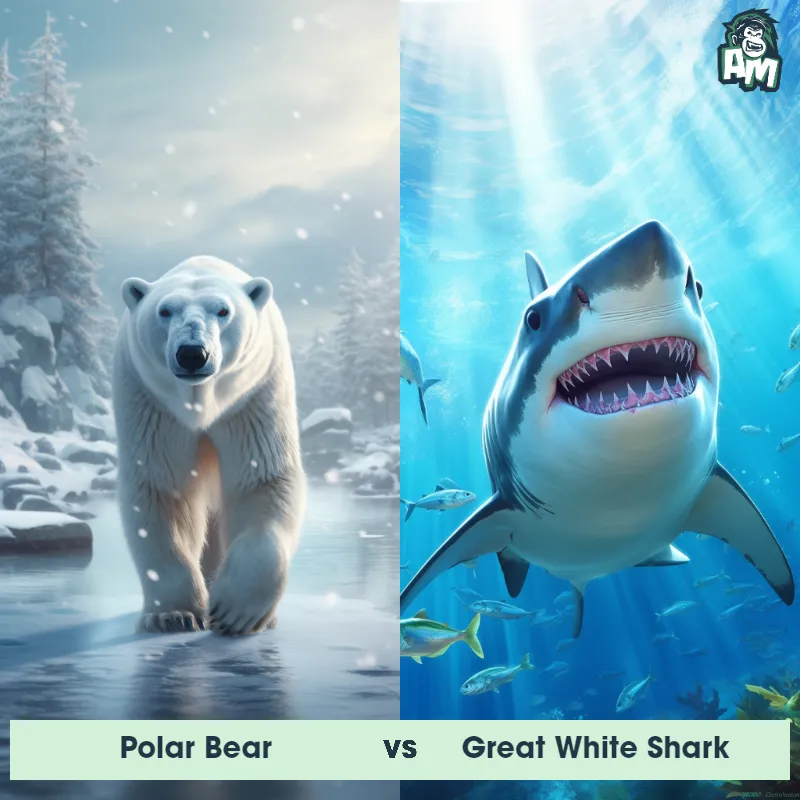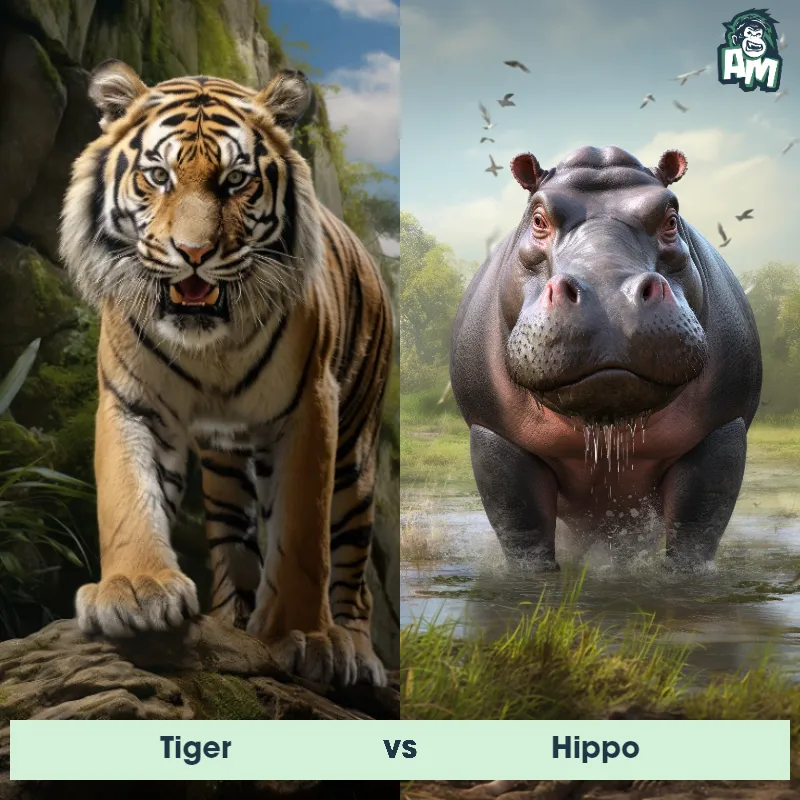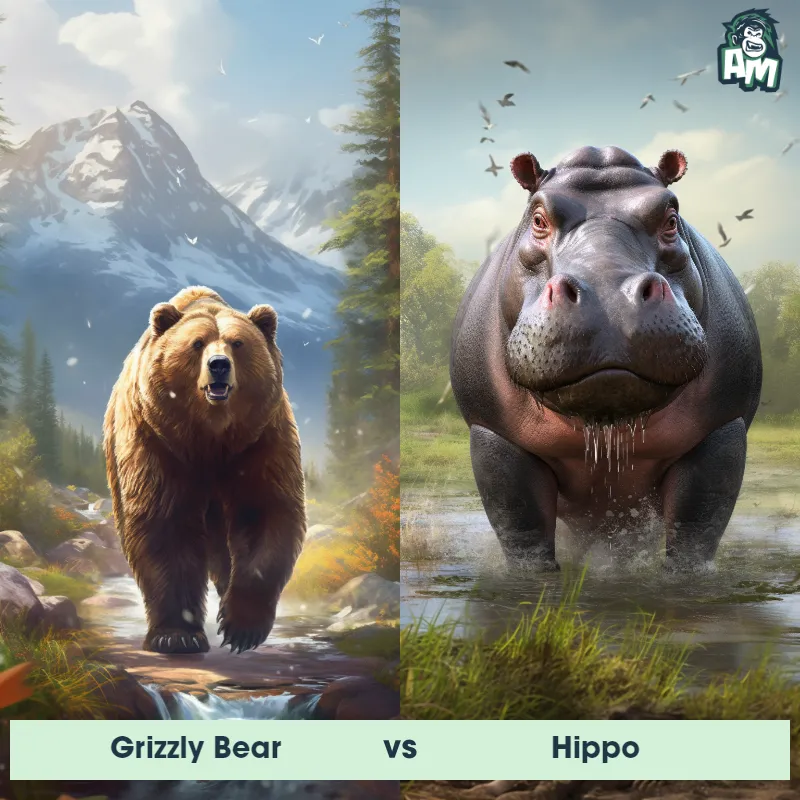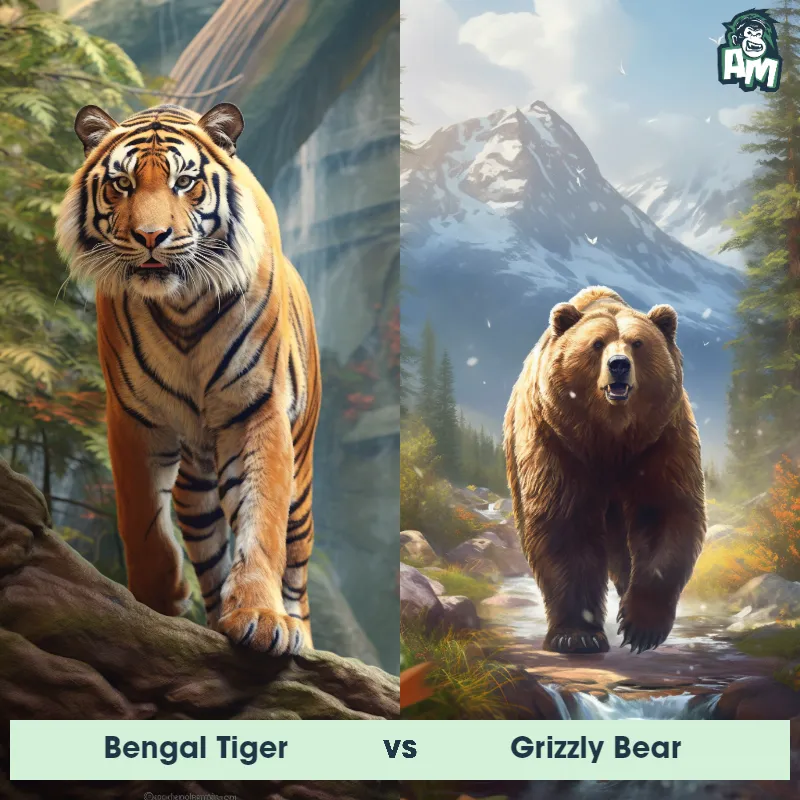Grizzly Bear vs LeopardSee Who Wins
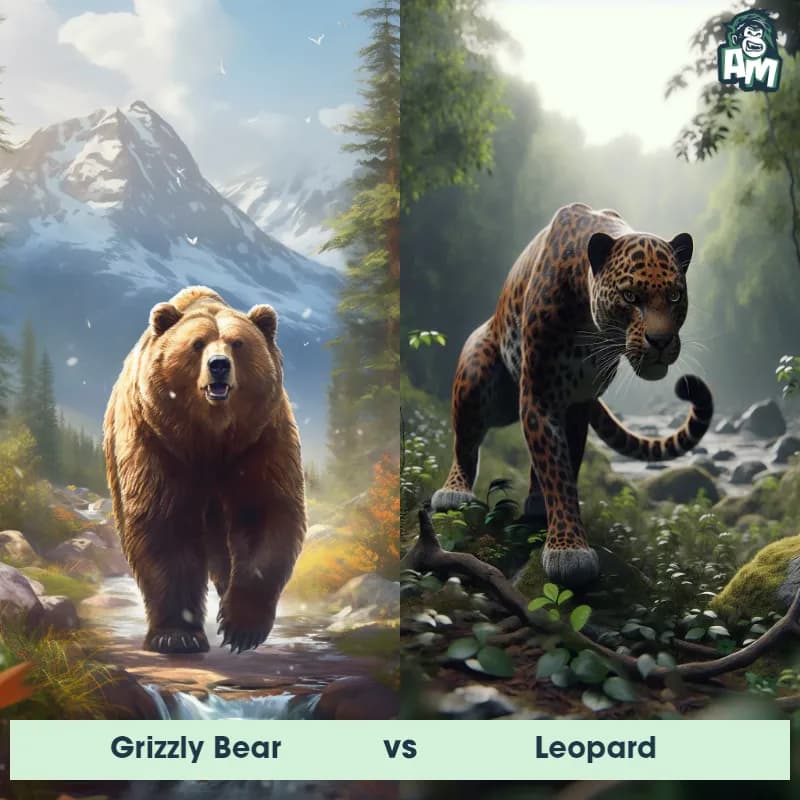
Ladies and gentlemen, welcome to this exhilarating matchup between a mighty Grizzly Bear and a cunning Leopard. Both these fierce competitors have honed their skills in the wild and are ready to showcase their power and agility tonight. The anticipation in the air is palpable as we await this epic clash of nature's elite predators. Without further ado, let the battle begin!
Contender 1: Grizzly Bear
The Grizzly Bear, also known as the North American Brown Bear, is a large mammal that can weigh up to 600 pounds and stand up to 8 feet tall on its hind legs. They have distinctive humps on their shoulders, long claws, and a concave facial profile. Grizzly Bears are omnivores and can be found in North America, primarily in Alaska and western Canada.
![[object Object] Gif](https://tenor.com/view/fighting-match-quarrel-brawl-battle-gif-15965644.gif)
Fun Fact: Grizzly Bears have an incredible sense of smell and can detect food from miles away, making them excellent hunters and scavengers.
Contender 2: Leopard
The Leopard is a large and powerful carnivorous mammal that is known for its distinctive coat pattern consisting of rosette-like spots. It has a slender body, muscular limbs, and a long tail, enabling it to be agile and swift. Leopards are primarily nocturnal creatures, preferring to hunt during the cover of darkness. They are highly adaptable and can thrive in a variety of habitats, ranging from dense forests to open grasslands. With exceptional climbing skills, they are capable of dragging their prey up trees to keep it safe from other predators.
Fun Fact: Leopards are incredibly strong and possess immense agility, as they are capable of leaping horizontally up to 6 meters and vertically up to 3 meters, allowing them to ambush their prey from above with precision.
Matchup Stats
| Grizzly Bear | Leopard | |
|---|---|---|
| Size | Up to 8 feet tall (2.4 meters) | 24-28 inches (60-71 cm) at the shoulder; 5-6 feet (1.5-1.8 meters) in length |
| Weight | Up to 600 pounds (272 kilograms) | 80-160 pounds (36-73 kilograms) |
| Speed | Speed: 30 mph (48.28 km/hr) | 36-37mph (58-60km/h) |
| Key Strength | Powerful jaws and sharp claws | Powerful jaw and sharp claws |
| Biggest Weakness | Slow movement and vulnerability to attacks from behind | Less endurance compared to some other big cats |
Current Votes
Grizzly Bear vs Leopard
See Who Wins
View More Matches
Looking For More?
Similar Matches
Scientific Stats
| Grizzly Bear | Leopard | |
|---|---|---|
| Scientific Name | Ursus arctos horribilis | Panthera pardus |
| Family | Ursidae | Felidae |
| Habitat | Forests, meadows, and mountains | Variety of habitats including forests, grasslands, and mountains |
| Geography | North America, primarily in Alaska and western Canada | Africa, parts of Asia |
| Diet | Omnivorous, eats berries, roots, fish, small mammals, and carrion | Carnivorous, preys on various animals including ungulates, small mammals, birds, and reptiles |
| Lifespan | 20 years - 25 years | 12 years - 17 years |
Key Differences between Grizzly Bear and Leopard
- Tail Length: Grizzly Bears have a short tail, usually measuring around 4-6 inches in length, whereas Leopards have a longer tail, often exceeding the length of their body, reaching up to 3 feet long, aiding in balance and communication.
- Habitat: Grizzly Bears are typically found in more northern regions such as Alaska, Canada, and parts of the United States, occupying mountainous and forested areas, whereas Leopards are native to various parts of Africa and Asia, preferring a wide range of habitats including forests, grasslands, and savannas.
- Paw Size: Grizzly Bears possess massive paws with long claws, measuring up to 6 inches in length, which aid in digging and catching fish, while Leopards have smaller, compact paws with retractable claws, enabling them to climb trees effortlessly.
- Head Shape: Grizzly Bears have a prominent hump between their shoulders, a dished facial profile, and rounder ears, whereas Leopards have a streamlined head with no hump, a more elongated face, and small, rounded ears.
- Fur Coloration: Grizzly Bears have a distinctive coat of long, shaggy hair that ranges in color from light blond to dark brown, often with white-tipped guard hairs giving them a grizzled appearance, while Leopards have a sleek, spotted coat consisting of rosettes with a tawny background color, aiding in camouflage.
- Size: The Grizzly Bear is much larger than the Leopard, with adult males weighing up to 1,400 pounds and standing about 7 feet tall, while Leopards weigh around 100-200 pounds and reach lengths of 6-7 feet including the tail.




